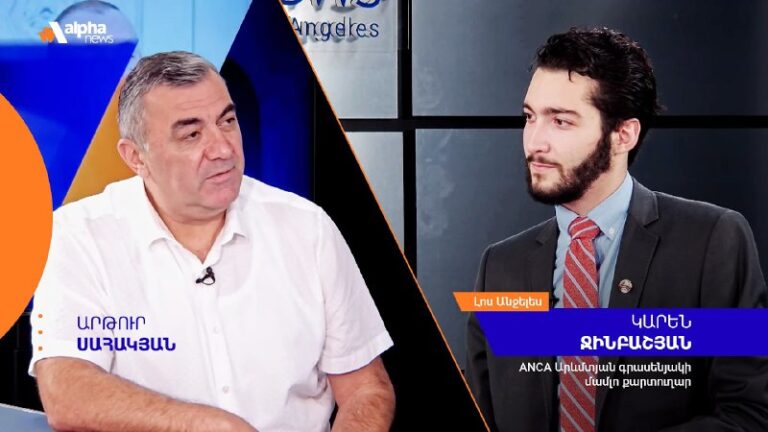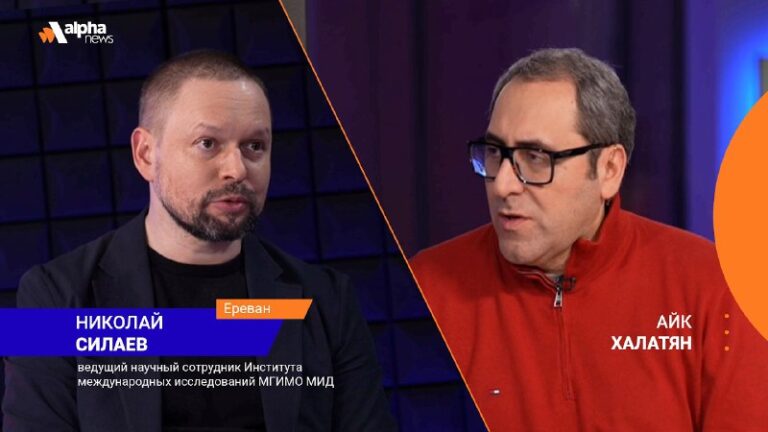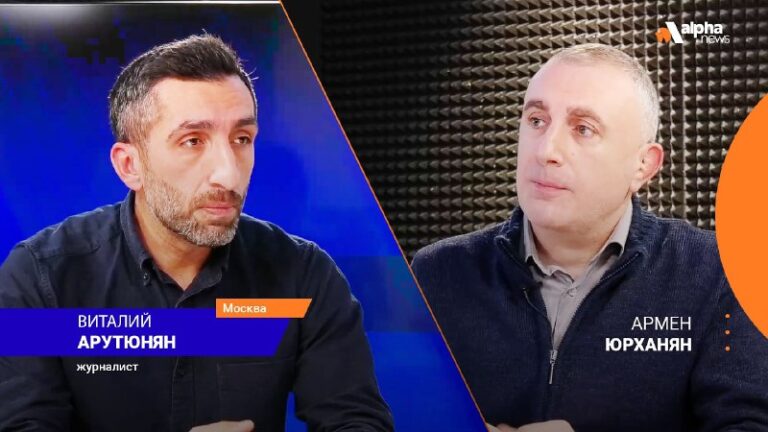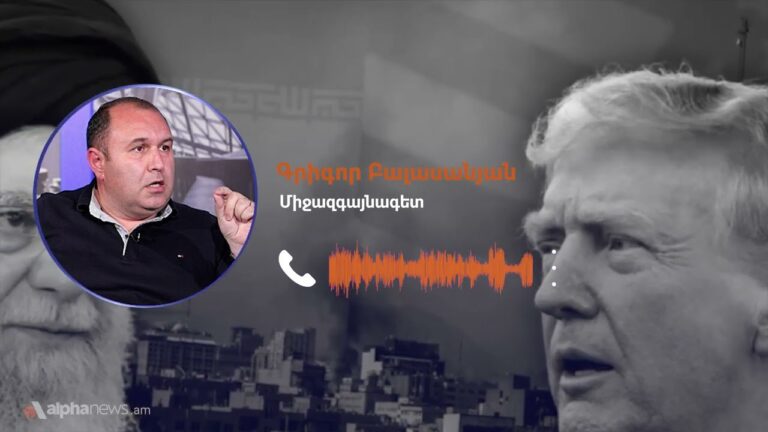Americans are in very difficult position – political scientist on Russia-US talks
Speaking with Alpha News, Russian political scientist Natalia Kharitonova shared her perspective on the talks between Russia and the US, the EU’s policy towards post-Soviet countries, Armenian-Russian relations, and the situation in the South Caucasus region.
“The very fact that negotiations have begun and that the parties—primarily the Russian and American sides—are interested in resolving this conflict is already a positive step. It is very difficult to predict anything here, given the fact that a common negotiating framework has not yet been established. That is, the Ukrainian side has its own demands, they see the situation and future parameters of a peaceful settlement in their own way. The current political leadership of Ukraine clearly does not intend to retreat from its goals.
This is a very big problem, and they are not ready to move forward, this is a significant obstacle to finding common ground. Russia is also very consistent in its positions. According to the Russian leadership, all goals of the Special Military Operation must be achieved. And now, when there are two such different positions, the Americans are in a very difficult position, as well as other parties claiming to be mediators or simply providing so-called good services. In this negotiation process, the US will face immense difficulty in reconciling these positions,” Kharitonova said.
According to the expert, Russia is successfully withstanding sanctions from Western countries and is ready to continue to withstand attacks.
“It seems to me that the potential of sanctions has long been exhausted. Over the past three years, Russia has demonstrated its ability to withstand the sanctions regime. The recently adopted 16th package of EU sanctions does not bring any significant changes. The issue here is that in parallel with the solution of a set of problems related to the Ukrainian settlement, a tariff war is fully unfolding between the US and the EU. And if it unfolds, it could have a substantial impact on their $9.5 trillion trade. This will be much more sensitive for both the US and the EU. That is, this development cannot be separated from the Ukrainian issues,” the expert emphasized.
Addressing US-UK relations, Kharitonova noted that, despite common goals, these countries have divergent views on a number of positions.
“They don’t really have warm relations, they have very old contradictions, but there remains a tradition of diplomatic politeness, such as the British Prime Minister’s customary visit to the new American president. While their relations are very tense, they occasionally align and play a common game. And, by the way, the British factor is extremely important in the Ukrainian case, because these are personal guarantees of Zelensky’s security and everything that concerns intelligence and other things. Therefore, Britain takes this position, it will continue to play this game because it does not lose anything. It does not spend much money on this,” she noted.
The political scientist also noted that Russia perceives Armenia as one of its close allies, emphasizing the economic ties between the two nations.
“Russia views Armenia as a close ally in a number of integration associations, including the CIS, CSTO, and EAEU. As far as I know from the reports of Russian analysts and institutes, Armenia ranks first in terms of benefits derived from EAEU interactions. I understand perfectly well that Armenia values this factor very much, and it is not the least in the fact that relations between Russia and Armenia seem to be maintained. They are difficult moments, to put it mildly, but nevertheless, these relations persist,” Kharitonova concluded.







